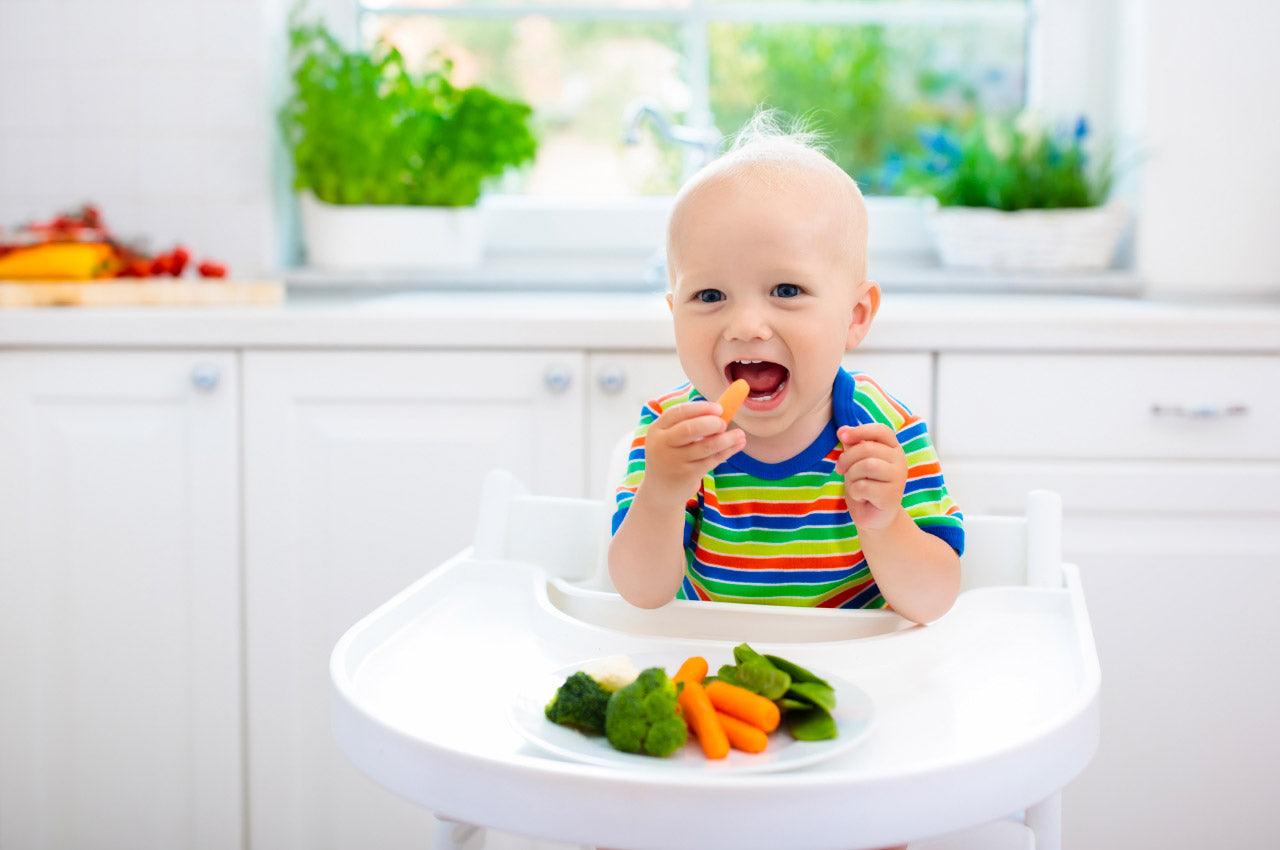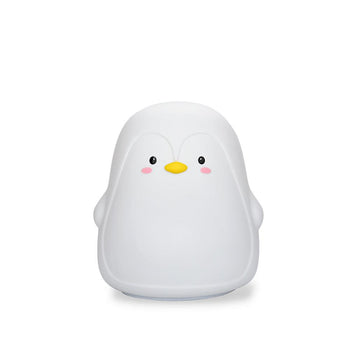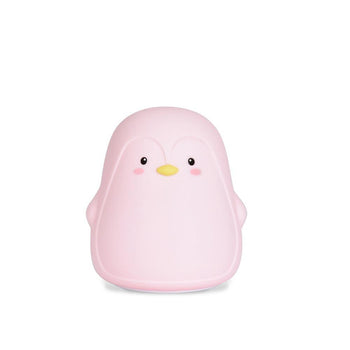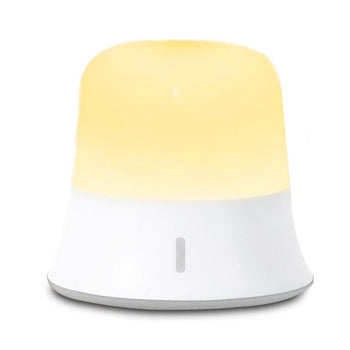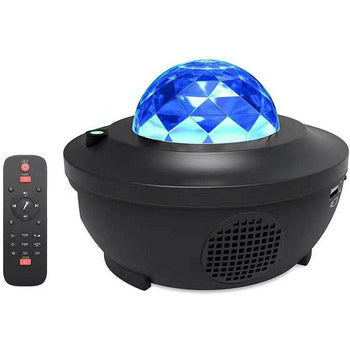Children should eat healthy foods to avoid any health problems. If they don't eat a healthy diet, it will affect their sleep patterns and could make them cranky or tired during the day.
The timing of their meals can also influence the length and depth of their nighttime sleep. It's important for children to have nutritious snacks before bed , so they don't wake up in the middle of the night hungry and unable to go back to sleep easily.
Parents need to be mindful of what their child eats as it affects them throughout the day and the type of restful sleep they will get each night.
Keep reading to learn how your child's food choices , as well as the timing of their meals , can affect their naptime and nighttime sleep.
How your child's food choices affect sleep
It is important for parents to understand that children need nutrients from all food groups to grow properly, develop strong bones and teeth, maintain a healthy weight, have enough energy to play and learn throughout life. day, stay mentally alert and be able to fight infections.
Make sure you know which foods are good sources of these essential nutrients:
- Proteins for growth
- Calcium for strong bones
- Iron for mental alertness
- Vitamin A for immune function
- Vitamin C for immunity
These days, there are plenty of ways for parents to ensure their children are getting all the nutrients they need to thrive. For example, it's easier than ever to find more nutritious versions of your child's favorite foods.
You can choose lean meats with less fat and less sodium, more whole grains and fiber, and less sugary drinks. You can also introduce new foods, such as low-fat products.
It is important for parents to be aware of how their children's food choices can affect their sleep. Certain foods, such as caffeine and refined sugar , have a strong stimulating effect on the brain and can keep children awake . It is therefore best to minimize the consumption of these foods by your child.
There are many other healthy foods that will give your child the energy they need without stopping them from sleeping.
Here are the foods that are best for your child to reduce:
- Coffee and tea (regular or decaffeinated, as decaffeinated contains some caffeine)
- Soda (even caffeine-free sodas, as they contain small amounts of caffeine)
- Chocolate (double jeopardy: it contains caffeine and refined sugar!)
- Sugary drinks and fruit juices
- Sweet snacks and candies
However, certain foods can help children fall asleep and relax. These sleep-promoting foods contain a substance called tryptophan. Tryptophan is an amino acid that our body uses to synthesize proteins. It also produces a brain chemical called serotonin, from which melatonin is made (so essential to sleep that it's called the "sleep hormone").
Foods that contain high levels of tryptophan include the following:
- Dairy products (Cheddar, Gruyere and Swiss cheeses contain particularly high amounts of tryptophan).
- Nut
- Tofu and soy products
- wheat and oats
- Bananas
- Green leafy vegetables
- Eggs
- Poultry (especially turkey)
Certain foods can help children sleep better. Tryptophan, found in some protein foods, is one of the nutrients that promote sleep. But tryptophan needs insulin to be transported to the brain, where it then induces drowsiness. It is therefore important that your child consumes both tryptophan-containing foods and healthy carbohydrates.
Here are some good examples of meals that provide the right combination of complex carbohydrates and tryptophan:
- Turkey with sautéed greens
- Wholemeal pasta with a few shavings of grated cheddar cheese on top.
- An egg sandwich on whole wheat bread and topped with Swiss cheese.
- Tofu with sautéed vegetables
- tuna with brown rice
The impact of your child's meal times on their sleep
It's not just what your child eats that impacts their sleep, when they eat also affects the quality of their sleep.
Here are some tips for planning meals so that your child sleeps well and isn't kept awake by an untimely meal or snack:
- Heavy meals before bedtime can prevent your child from getting a good night's sleep. This is because a large meal increases your child's metabolic rate and body temperature, which makes it harder for them to sleep . You want your child's metabolism and temperature to drop as bedtime approaches, not increase.
- The best way to make sure your child gets the nutrients they need is to make sure the most important meal of the day is lunch . Dinner should be a bit smaller than lunch, and it's important to ensure that there are at least two hours between dinner and bedtime. This will allow your child not to be too full to sleep peacefully.
- Snacks can be a great way to keep your child healthy and energized throughout the day. However, it's important to choose snacks that are healthy and won't make your child hyperactive or restless. You can also offer a small snack about 30 minutes before your child is supposed to fall asleep. This will help him fall asleep more easily.
Food choices and meal times can help improve a child's sleep patterns. If your child takes short, irregular naps and has trouble getting through the night, you may need to implement sleep training to improve their sleep. But giving your child the right foods and the right meal times can certainly help improve already strong sleeping habits.
Bananas, yogurts, and whole-grain toast are good foods to eat before bedtime. Mealtimes should be calm and relaxed, with no screens or loud noises. Making sure your child gets a good night's sleep will help keep them healthy and happy!
I hope this article has enlightened you on the subject, do not hesitate to share your experiences with us in the comments.

